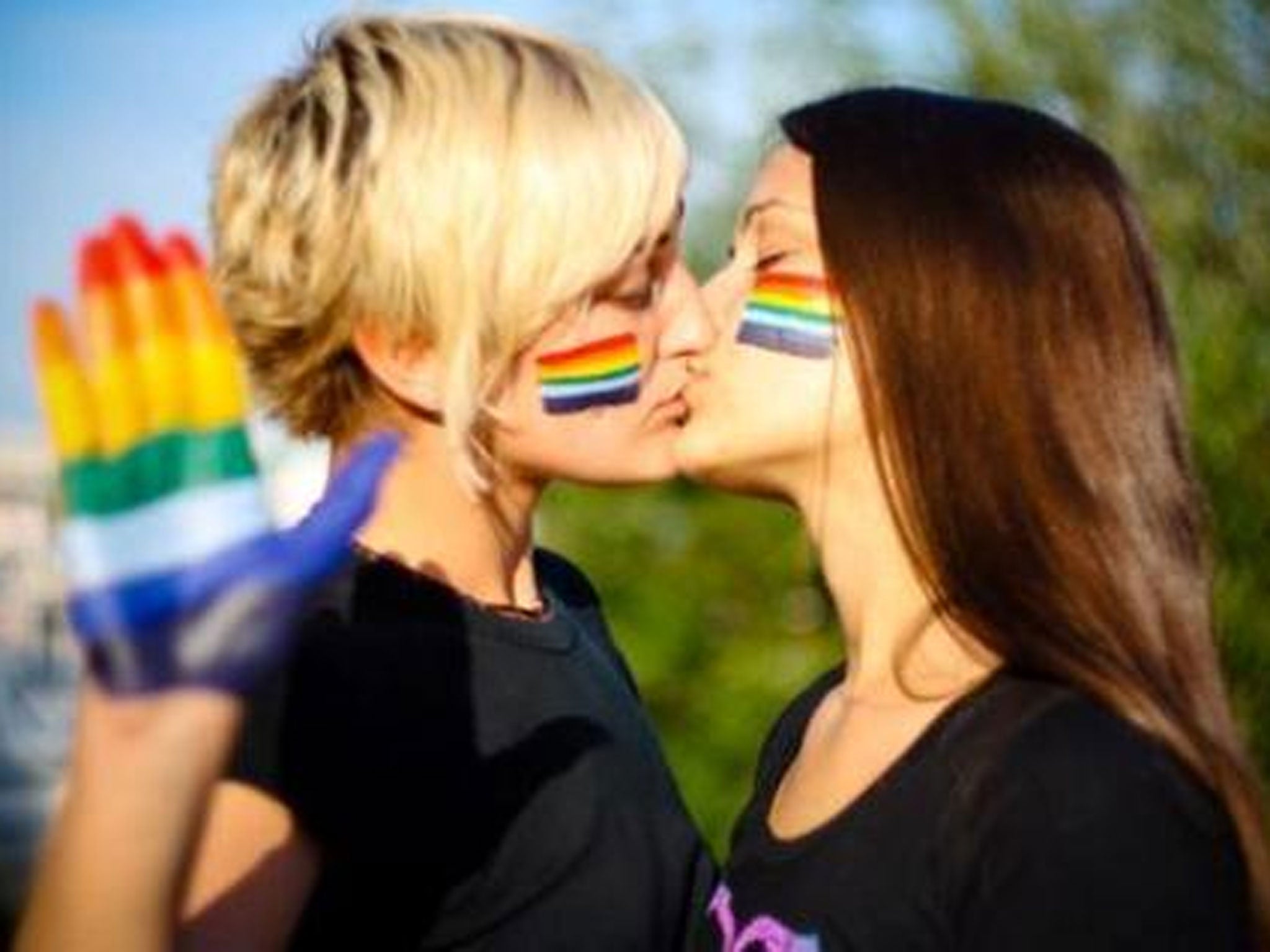Ask any gay person in London: homophobia is alive and well
Gay people still suffer abuse in all areas of their life – from strangers, neighbours, workmates and even family


Your support helps us to tell the story
From reproductive rights to climate change to Big Tech, The Independent is on the ground when the story is developing. Whether it's investigating the financials of Elon Musk's pro-Trump PAC or producing our latest documentary, 'The A Word', which shines a light on the American women fighting for reproductive rights, we know how important it is to parse out the facts from the messaging.
At such a critical moment in US history, we need reporters on the ground. Your donation allows us to keep sending journalists to speak to both sides of the story.
The Independent is trusted by Americans across the entire political spectrum. And unlike many other quality news outlets, we choose not to lock Americans out of our reporting and analysis with paywalls. We believe quality journalism should be available to everyone, paid for by those who can afford it.
Your support makes all the difference.London. For many young lesbian, gay and bisexual people growing up it’s a mecca. A safe haven of acceptance where same-sex couples hold hands in public and everyone is just more at ease with ‘the gay thing’.
But ask any Londoner who is lesbian, gay or bisexual whether this is the case and you’ll be met with a pause. In recent days a male couple has claimed that they were subjected to horrific abuse on a bus, simply because someone took offence at their public display of affection.
At Stonewall we know that incidents like this continue to blight the lives of too many gay people.
In the 25 years since Stonewall was founded it has sometimes felt that progress has been an unstoppable march forward, carried on a wave of overwhelming public support. Britain’s 3.7 million lesbian, gay and bisexual people can now marry their same-sex partner, enjoy an equal age of consent, serve in the military and live free from being sacked simply because of their sexual orientation.
We hear from supporters and opponents alike that now is the time to declare ‘mission accomplished’ whilst standing triumphantly aboard the decks of our Pride floats.
Despite this progress homophobic and biphobic hate crimes and incidents remain rife in our villages, towns and cities.
Across Britain some 630,000 lesbian, gay and bisexual people were the victim of a homophobic hate crime or incident over just the last three years. And in the workplace 2.4m people of working age witnessed verbal homophobic bullying in the last five years. Gay people still suffer this abuse in all areas of their life – from strangers, neighbours, workmates and even family. The abuse ranges from verbal insults and harassment to devastating physical assaults.
In London alone some 19 per cent of lesbian, gay or bisexual people say they’ve been the victim of a homophobic hate crime or incident in the last three years. While the legal landscape has been transformed since Stonewall was established 25 years ago, it’s clear that there’s still much work to do to win over hearts and minds to support lesbian, gay and bisexual people.
The picture’s little better in schools. When we asked teachers about their willingness and ability to tackle homophobic abuse in schools, it was London’s educators who reported the lowest score of any across the nation when it came to even knowing whether they could talk about issues like same-sex parents. In recent years schools and local authorities working with Stonewall have driven down physical homophobic bullying in schools by ten percentage points. But the use of anti-gay language in school is almost endemic with 99 per cent of lesbian, gay and bisexual young people hearing phrases such as ‘that’s so gay’ or ‘you’re so gay’.
So for gay couples scared to show affection in public, for a young bisexual person worried out being out at work and for a same-sex family scared to use public transport with their children, we’re far from ‘mission accomplished’. To create a world where everyone feels able to be themselves will require all of us to stand up to abuse and challenge prejudice. We can’t be bystanders when our friends, neighbours, colleagues and families are made to feel less worthy and their lives less valid. It’s time to show it’s the end of the line for homophobic hate crime.
Join our commenting forum
Join thought-provoking conversations, follow other Independent readers and see their replies
Comments